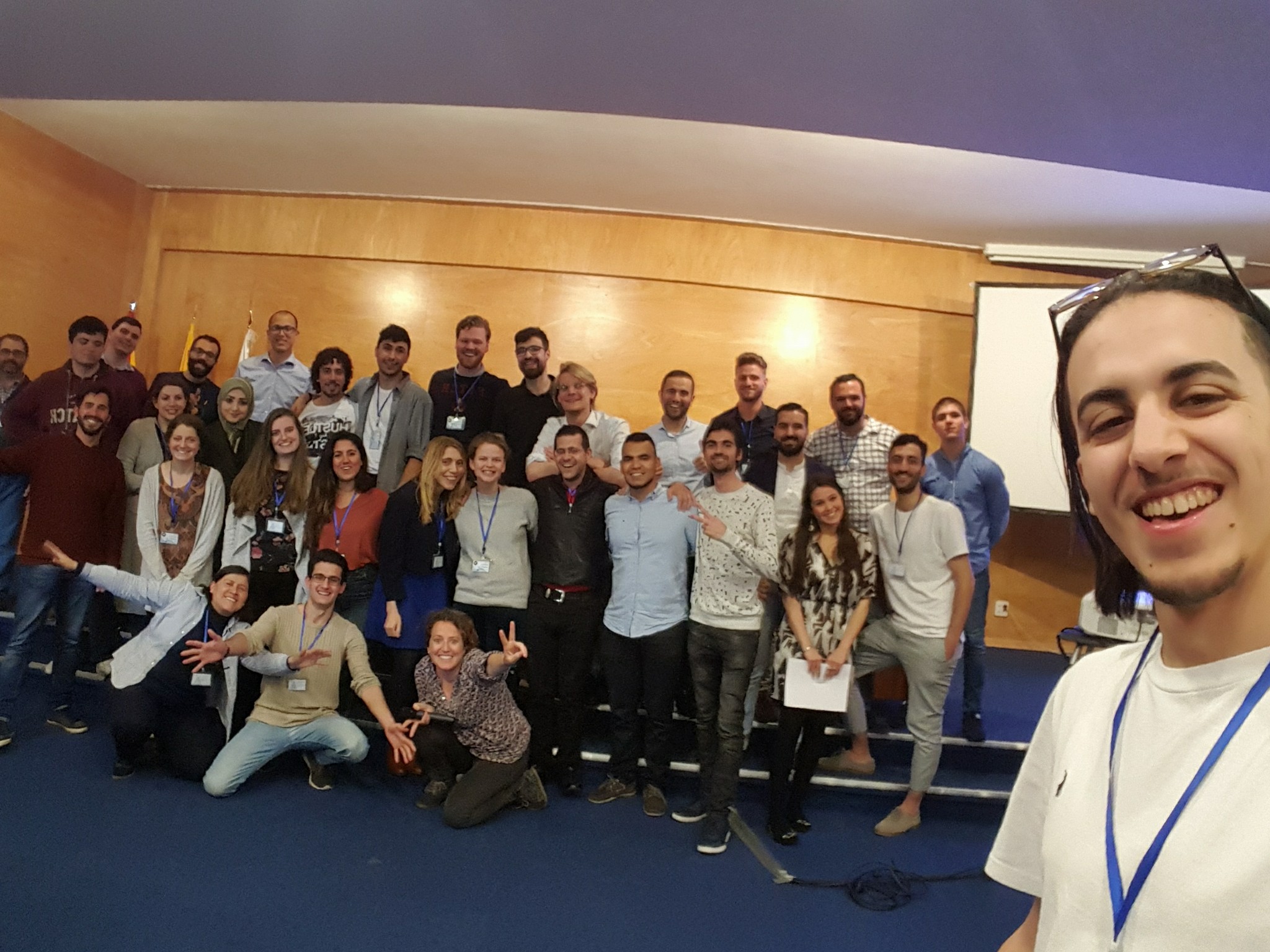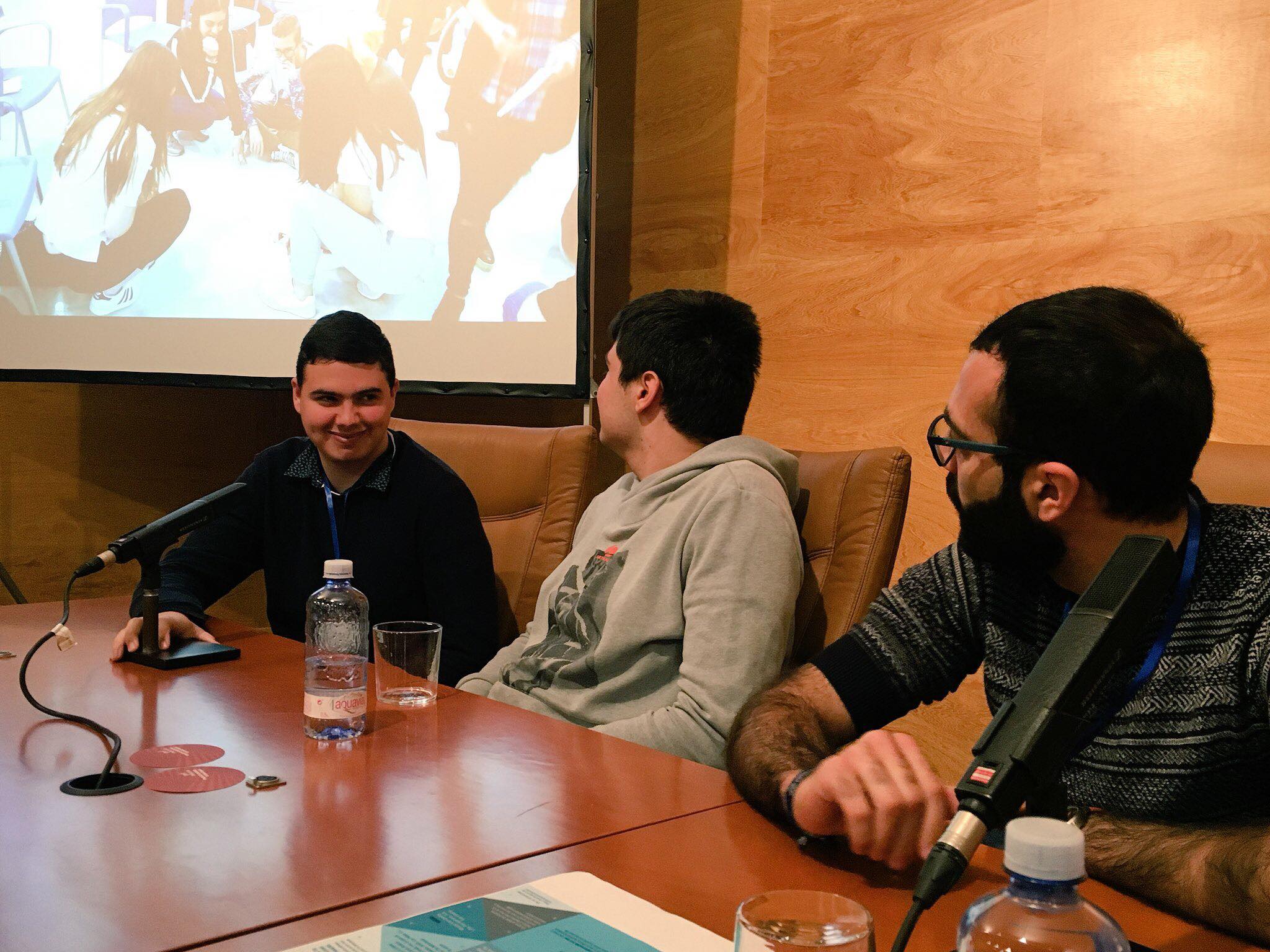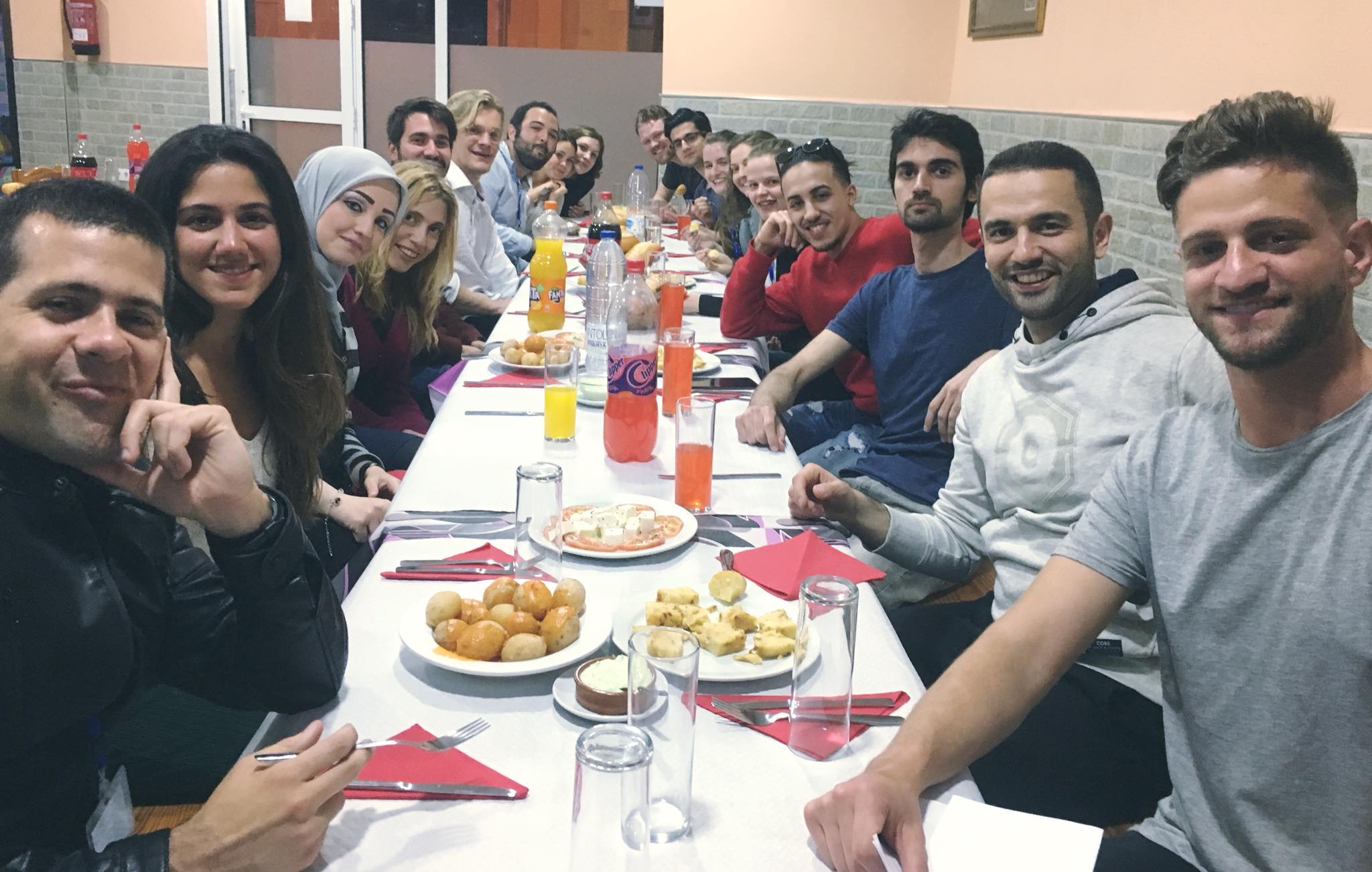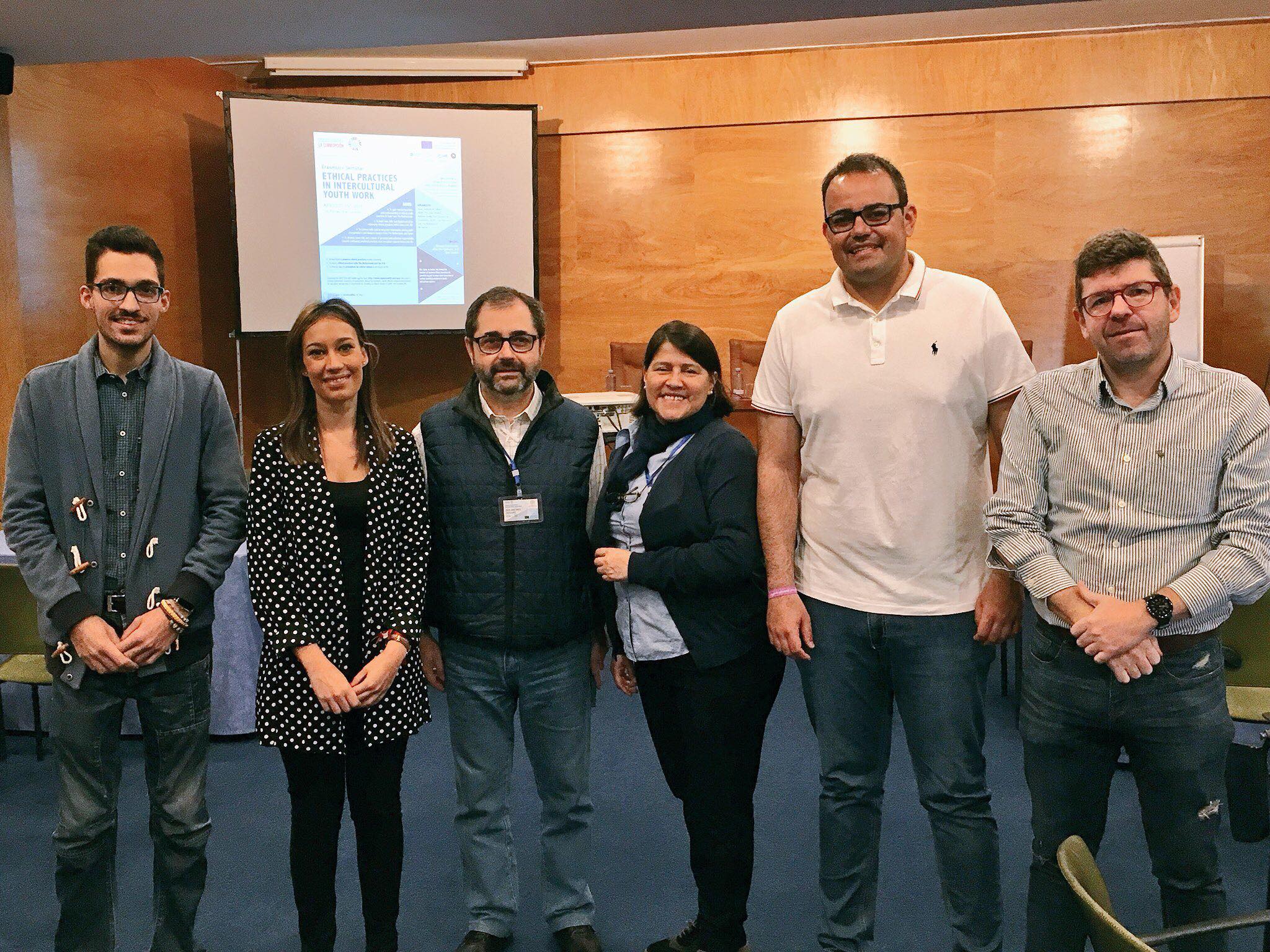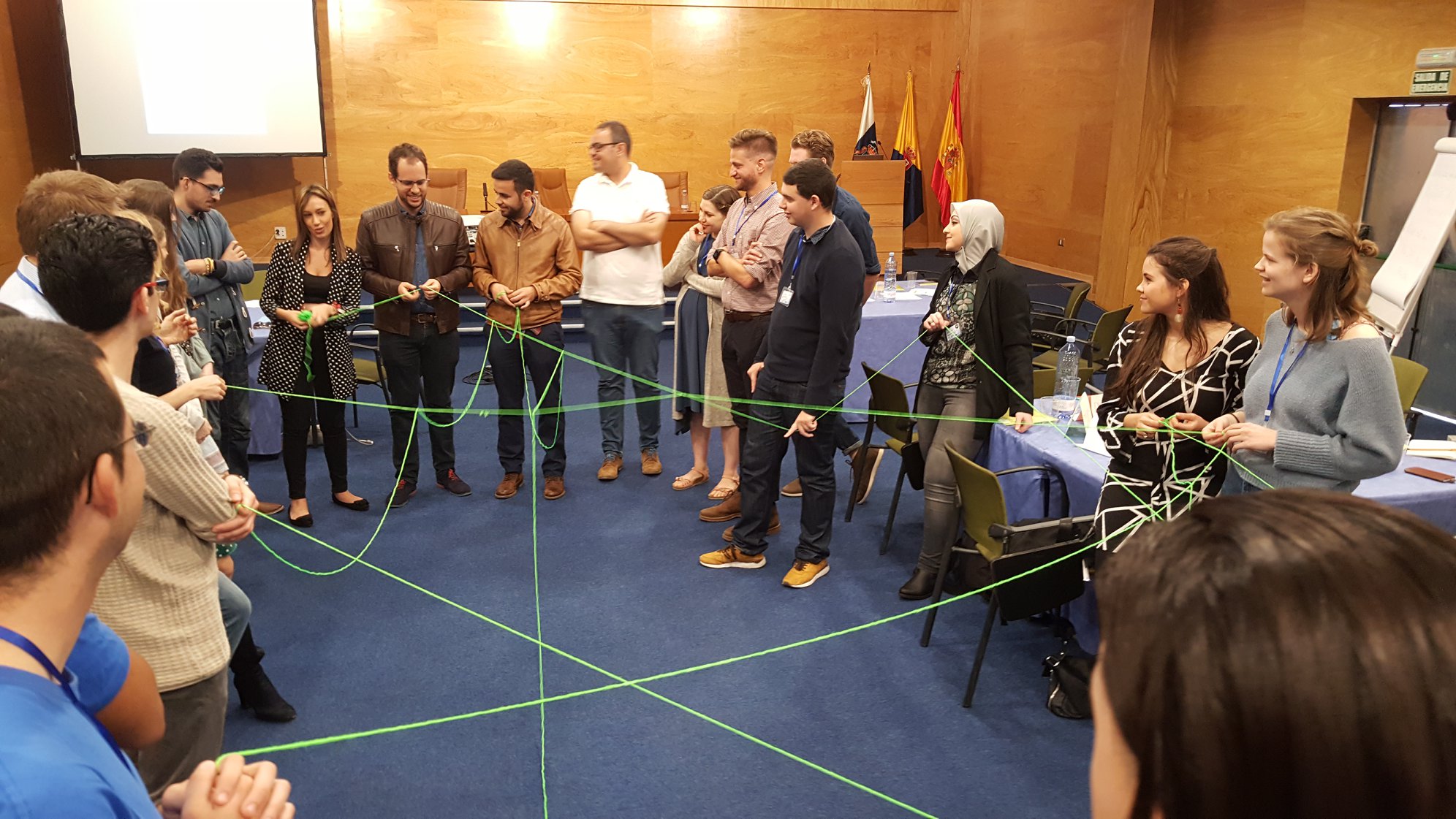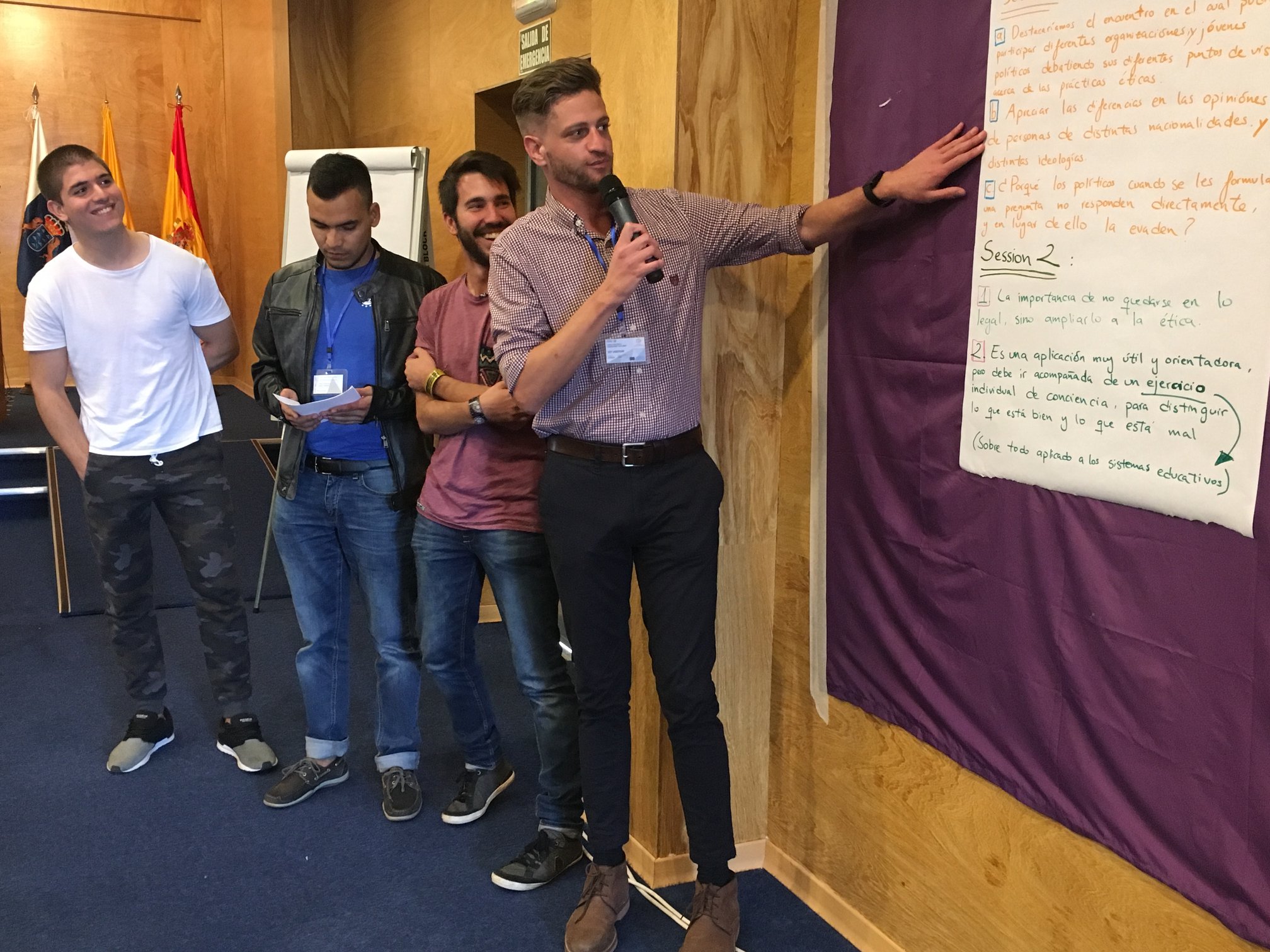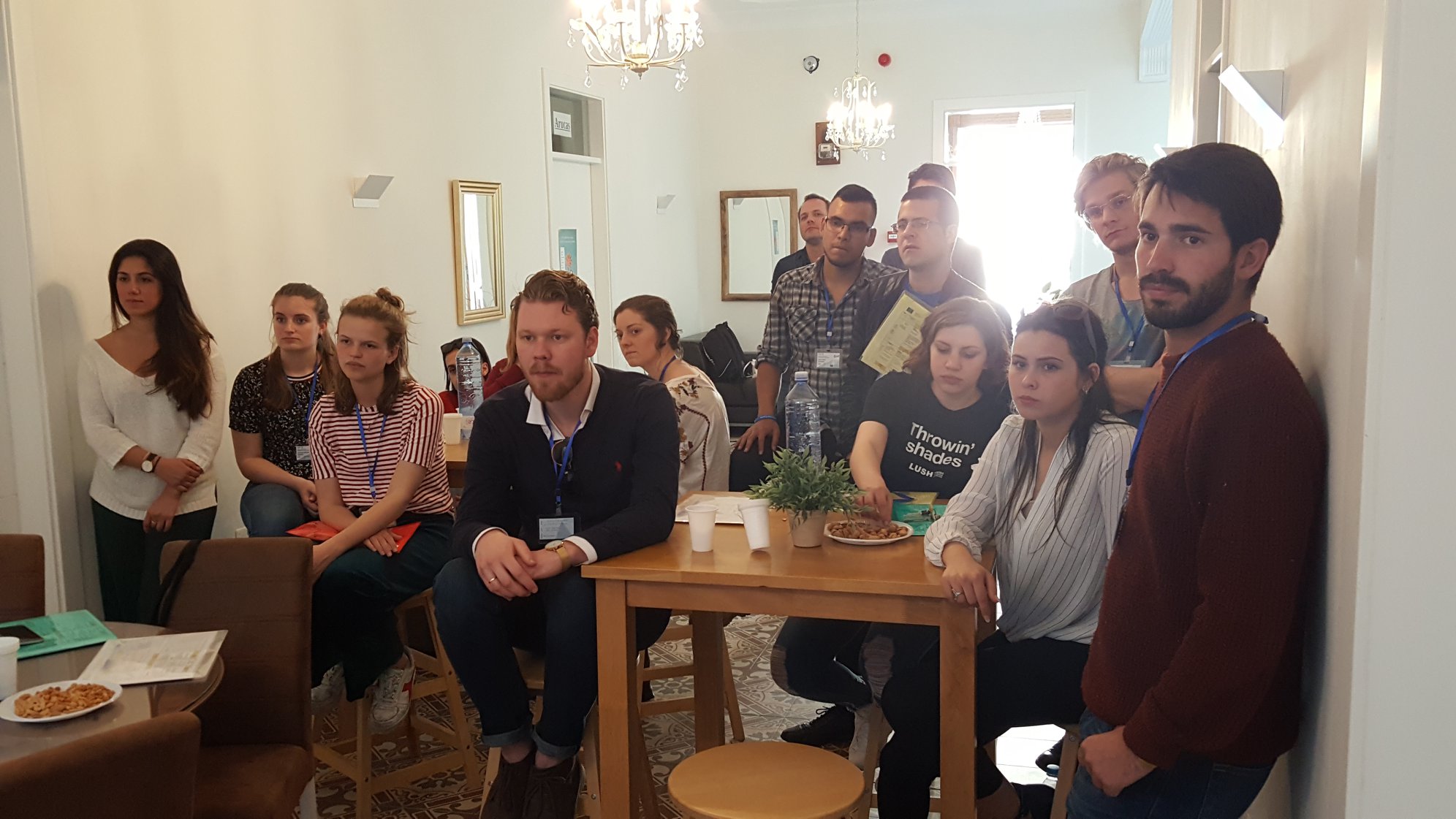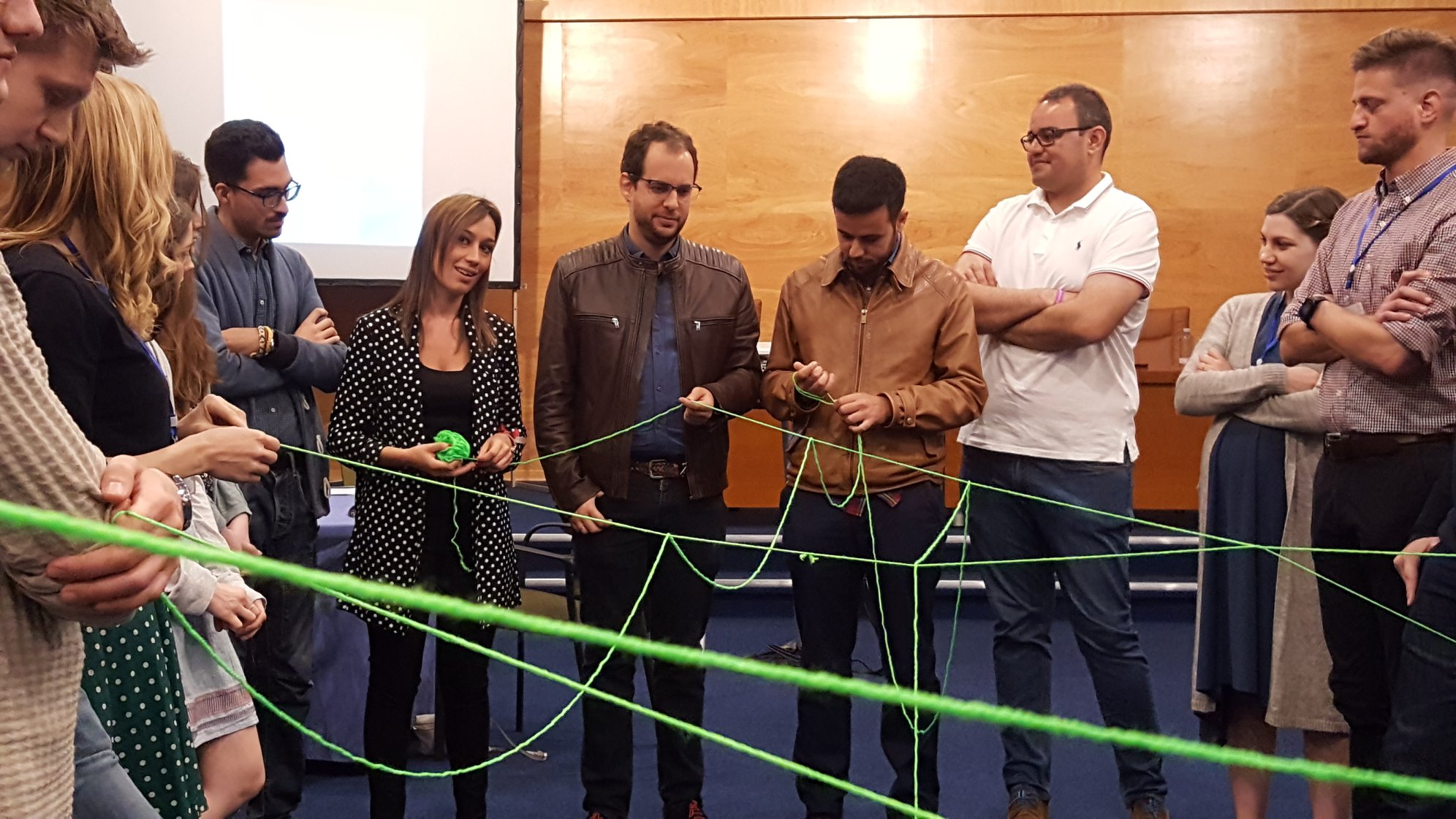“A common danger unites even the bitterest enemies.” – Aristotle
I was recently having a chat with the water filter guy, who is a fount of information. He was bemoaning the fact that, as a former procurement manager in Dubai, he had not been able to find a suitable job after returning to Lebanon. This, he attributed to the large influx of Syrian refugees who had flooded the job market. Moreover, he seemed none too pleased upon learning that I work for a humanitarian organization serving (though not exclusively) this same refugee population.
What struck me about this encounter was not its particularity, but rather, its seeming ubiquity. I have heard this same argument repeated ad nauseum. Politicians and pundits in the media. Neighbors, shopkeepers, church-goers, and corporate managers. I began to wonder at the veracity of the supposition. To what extent could we, in Lebanon, legitimately blame the woeful state of our economy and job market solely on the Syrian refugees?
Why is there no acknowledgment of the fact that Syrian workers tend to compete for primarily unskilled labor that they were relied on to carry out even prior to the crisis (not to mention new restrictions on Syrian employment forcing them into the informal job market)?[1] Why is there no mention of the more than 700 million dollars[2] pumped into the Lebanese economy since 2013 through the distribution of food vouchers alone, or the 120 million dollars[3] channeled towards government institutions via humanitarian agencies and foreign governments purely for the purpose of strengthening Lebanese infrastructure in 2016?
Yes, as a country of previously 4.5 million rapidly inundated by approximately 1.5 million Syrian refugees, Lebanon currently holds the highest concentration of refugees per capita,[4] which is astounding to say the least. But have we once stopped to consider that also as a result of the inflow, public schools have been rehabilitated, public health systems have been made more robust, and significant public works have been undertaken funded purely by the generosity of the international community?[5] Moreover, recent studies have found that while the Syrian war has had a predictably negative impact on the Lebanese economy, it has also yielded gains in certain sectors, most notably, due to the increased demand for Lebanese services by the refugee population.[6] In a report released in 2015, the World Bank therefore cited the Syrian refugee presence as a resilience factor in economic growth, noting that “a 1% increase in refugees’ stock increases services exports by about 1.5% after two months.”[7]
And what do the Lebanese politicians do- the ones who can’t even clear the garbage off the streets? They blame our nation’s problems on the Syrian refugees. The perfect scapegoat for their cruel impotence and flagrant corruption.[8] Even our recent and much anticipated election of a new president could not escape the rhetoric of the inherent threat posed by the Syrian population, so eerily reminiscent of the anti-Palestinian sentiment consistently expressed prior to the outbreak of the Lebanese Civil War. And woe to us who believe them.
I am not denying that the flood of Syrian refugees has taken its toll on Lebanon; I am merely suggesting that it is unjust to place the blame for our nation’s problems squarely on their shoulders. Moreover, that it is all too convenient for our politicians to do so. Furthermore, I believe that we, as followers of Christ, should be vigilant in calling out this strategy of scapegoating, since, as theologian Miroslav Volf points out, we worship a crucified Savior who was, essentially, the ultimate scapegoat (Volf, pg. 292).[9]
However, as Volf observes, people have a predisposition to “remask what has been demasked when it fits their interests” (Volf, pg. 292). He further points out that,
“The tendency of persecutors to blame victims is reinforced by the actual guilt of victims, even if the guilt is minimal and they incur it in reaction to the original violence committed against them. Demasking the scapegoating mechanism will not suffice” (Volf, pg. 292).
Theologian and political commentator, Reinhold Niebuhr, in his classic treatise, Moral Man and Immoral Society, attributes this cruel pattern of concealing unjust mechanisms to humanity’s innate selfishness and lust for power, noting that,
“The will-to-power uses reason, as kings use courtiers and chaplains to add grace to their enterprise. Even the most rational men are never quite rational when their own interests are at stake” (Niehbuhr, Kindle Locations 2328-2332).[10]
Niebuhr further argues that this self-deception is exacerbated at the collective level, culminating, in the modern era, at the level of the nation-state. Essentially, the larger the group, the greater the tendency to pursue self-interest at the expense of the Other, though true purposes are often thinly veiled by either outright or unacknowledged hypocrisy somehow pertaining to the “greater good” (Niehbuhr, Kindle Locations 1899-1914). Niehbuhr further laments that this propensity,
…symbolises one of the tragedies of the human spirit: its inability to conform its collective life to its individual ideals. As individuals, men believe that they ought to love and serve each other and establish justice between each other. As racial, economic and national groups they take for themselves, whatever their power can command (Niehbuhr, Kindle Locations 1899-1914).
However disheartening this perpetual reality must be, Niehbuhr does point to a means by which it can be overcome: Religion. Religion, Niehbuhr argues, points to a supreme being who holds our every thought and deed accountable and causes us to strive to be greater than we are (Niebuhr, Kindle Locations 2446). It provides a transcendent ideal exposing the gap between what is human and what is divine. Religion is a powerful force that can lead to great violence when manipulated and wielded in the hands of man, yet it is an even greater force for good when emanating from the truth of God.
As followers of Christ, we see this power for good personified in the life and teachings of Jesus Christ. Without His higher calling to love of one’s neighbor, we would look no farther than the orbits of our own existence, inevitably chained to our own self-interest. By the light of His life and testimony, our vision may yet be cleared to look beyond self, and to see the Other; not as an existential threat, but as a reason for living.
“For even the Son of Man did not come to be served, but to serve, and to give his life as a ransom for many.” (Mk. 10:45 NIV)
____________
Photo Credit: Rose Khouri courtesy of Tahaddi Lebanon
[1] Chalcraft, John. 2005. “Of Specters and Disciplined Commodities: Syrian Migrant Workers in Lebanon.” Middle East Report, no. 236. Middle Ea\st Research andInformation Project (MERIP): 28–33. doi:10.2307/30042459.
Chalcraft, John. 2006. “Subalternity, Material Practices, and Popular Aspirations: Syrian Migrant Workers in Lebanon.” The Arab Studies Journal 14 (2). Arab Studies Institute: 9–38.
https://www.hrw.org/report/2016/01/12/i-just-wanted-be-treated-person/how-lebanons-residency-rules-facilitate-abuse
[2] http://reliefweb.int/report/lebanon/back-school-and-second-year-wfp-lebanese-and-syrian-students?utm_campaign=subscriptions&utm_source=sendgrid&utm_medium=email
[3] http://reliefweb.int/sites/reliefweb.int/files/resources/UNDPSupporttoLebaneseBrochureEnglish082016.pdf
[4] It should be noted that this ratio includes the large refugee population residing in Lebanon prior to the arrival of the Syrians including Palestinians, Iraqis, Armenians, and Kurds.
[5] http://reliefweb.int/sites/reliefweb.int/files/resources/UNDPSupporttoLebaneseBrochureEnglish082016.pdf
[6] https://www.brookings.edu/blog/future-development/2015/09/16/much-ado-about-nothing-the-economic-impact-of-refugee-invasions/
http://documents.worldbank.org/curated/en/908431468174247241/pdf/96087-WP-P148051-PUBLIC-Box391435B-Syria-Trade-Report.pdf
[7] http://documents.worldbank.org/curated/en/908431468174247241/pdf/96087-WP-P148051-PUBLIC-Box391435B-Syria-Trade-Report.pdf
[8] http://cskc.daleel-madani.org/paper/understanding-racism-against-syrian-refugees-lebanon
[9] Volf, Miroslav. Exclusion and Embrace: A Theological Exploration of Identity, Otherness, and Reconciliation. Nashville: Abingdon Press, 1996.
[10] Niebuhr, Reinhold. Moral Man and Immoral Society: A Study in Ethics and Politics. New York: Scribner, 1960.
The original article is from: https://imeslebanon.wordpress.com/2016/11/03/do-we-lack-the-moral-imagination-part-one-demasking-the-scapegoat/


